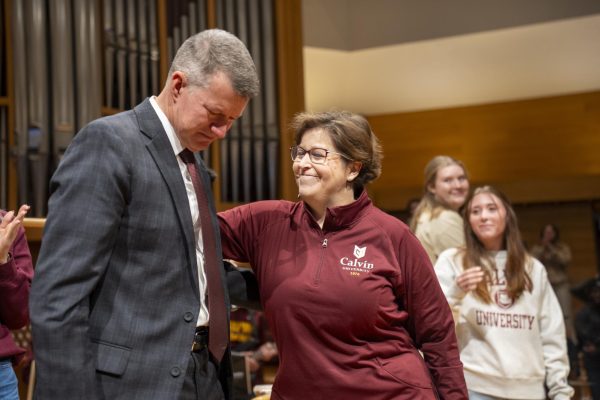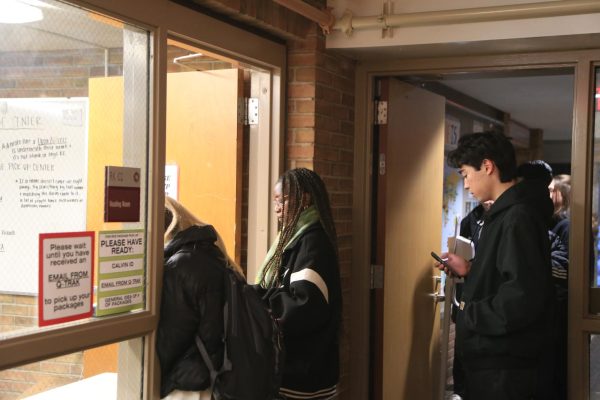Summer tuition decreases after history of low enrollment
Calvin hopes that the opportunity for students to take summer classes is less burdensome with a decrease in tuition. Photo courtesy calvin.edu.
Calvin’s administration has decided to decrease the tuition rate for summer classes from around $760 to $495 per credit hour during the summer of 2018 as a pilot program. The potential for this to continue into the future will depend on the number of students who enroll this summer.
In the past few years, board of trustees have noticed that there has been a significant decrease in enrollment for summer class mainly because of the cost. That board of trustees from Calvin study these tuition rates and fees each year.
“We know that there are a lot of students who want to take summer school courses. They create more opportunities for our students,” said Michael Stob, the dean of academic administration. “We wanted to make summer classes here a better option for the students by making the cost less.”
The pilot program which looks to draw a larger enrollment from students as a result of the lowered price of tuition.
Stob commented that Calvin has competition for summer tuition enrollment, such as local community colleges that offer lower prices for their summer courses. The administration responded to that price difference by trying to level the playing field through cheaper tuition rates.
The summer classes are not exclusively for Calvin students; the majority demographic has been those who have enrolled at Calvin in the past, according to Steenwyk, director of academic services and registrar. He also commented that within that larger body of enrollees there are a variety of different students who benefit from the classes in different ways.
“This is a way for students to complete classes outside of the school year and [it] helps them to stay on track for graduation,” said Steenwyk. “It also allows students to catch up on classes for their program.”
There are currently 36 undergrad classes besides physical education courses being offered for summer of 2018 providing students with e breadth of options.
“We need to experiment with this for a year,” said Stob. “If this is successful at increasing enrollment, it’s something that we’ll probably continue to do in the future.”











